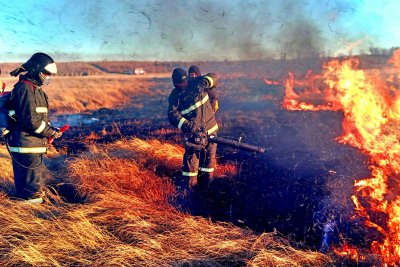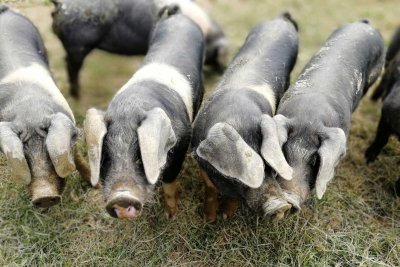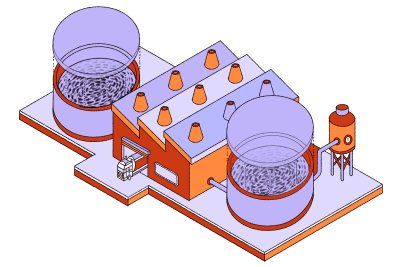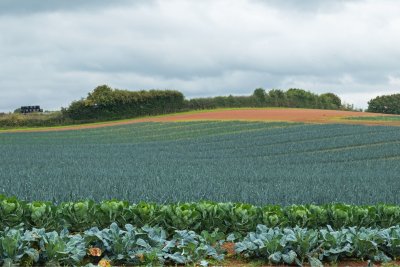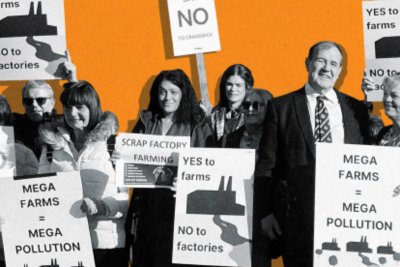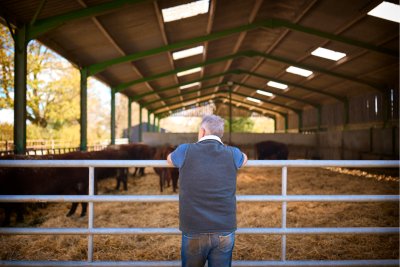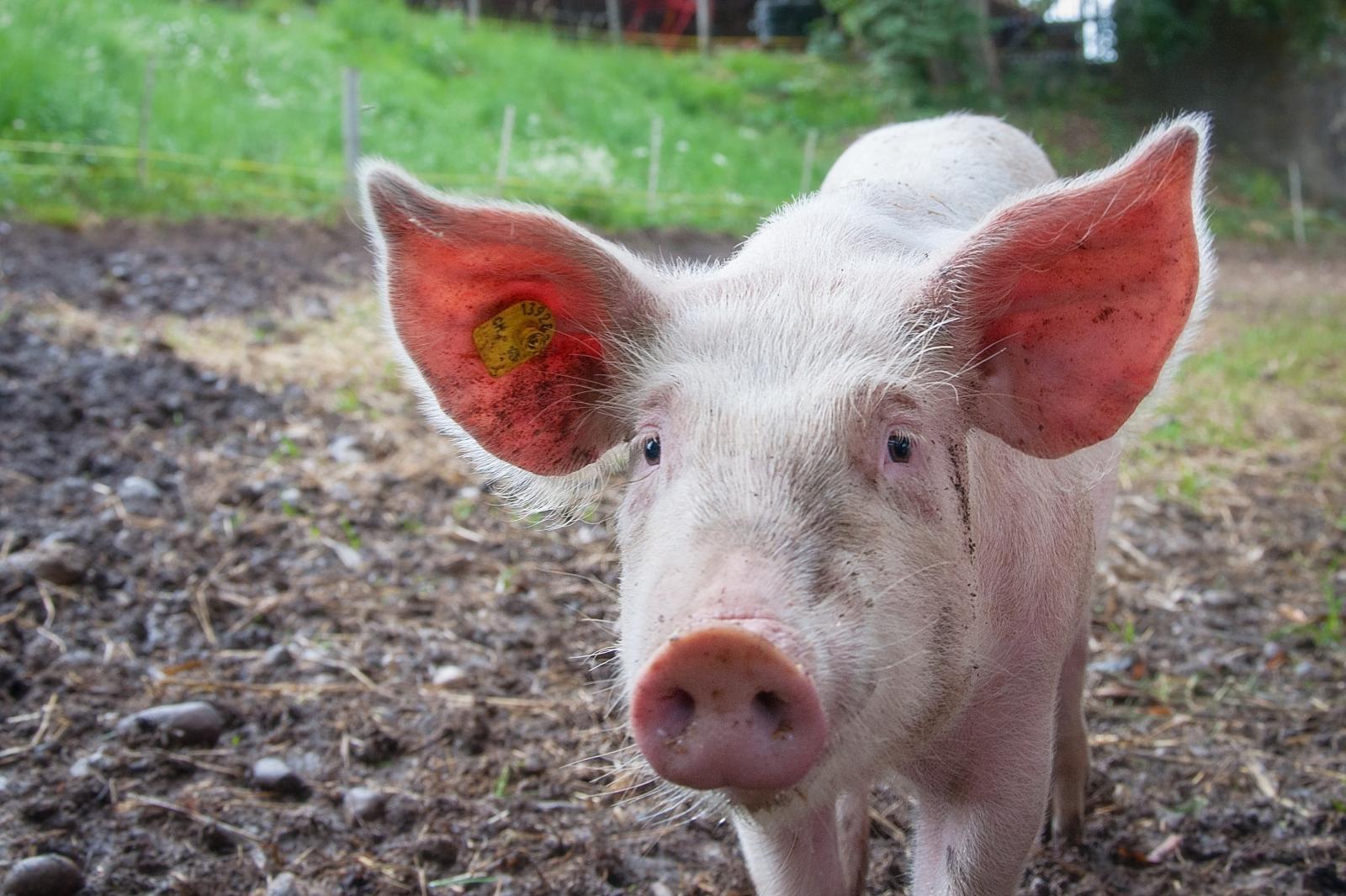 Credit: Mali Maeder at Pexels
Credit: Mali Maeder at Pexels

Chickens, pigs and fish fed on leftovers could help tackle climate change
New paper from Feedback, a member of the Sustain alliance, recommends feeding surplus food to animals to create a sustainable farming system.
Living Well on Leftovers makes a case for eating meat from animals fed only on surplus or to-be-wasted food via two case studies; feeding leftovers to farmed fish, and to pigs and chickens. Accompanied by a reduction in the consumption of animal proteins, both scenarios significantly reduce reliance on imported animal feed and reduce climate change and deforestation. The report emphasises the need for proper regulation to make surplus feed safe, fair and effective.
The National Food Strategy, released earlier this month, recommended a 30% reduction in meat consumption to avoid climate breakdown and bring UK emissions in line with our Paris climate commitments. With such a significant part of meat's environmental footprint due to growing feed crops overseas, the Feedback report presents a proposal where such meat, with a lower environmental impact, can remain part of our diets. In fact, the authours calculate that a diet with some meat produced this way uses less land than a vegan diet.
Read Feedback's report Living Well on Leftovers
Climate Change and Nature: Sustain has taken a keen interest in the rapidly accumulating evidence about the effect of food and farming on climate change and nature, as scientific evidence emerges that our food system is a very significant contributor to greenhouse gas emissions and biodiversity loss.
Sustain
The Green House
244-254 Cambridge Heath Road
London E2 9DA
020 3559 6777
sustain@sustainweb.org
Sustain advocates food and agriculture policies and practices that enhance the health and welfare of people and animals, improve the working and living environment, promote equity and enrich society and culture.
© Sustain 2026
Registered charity (no. 1018643)
Data privacy & cookies
Icons by Icons8
